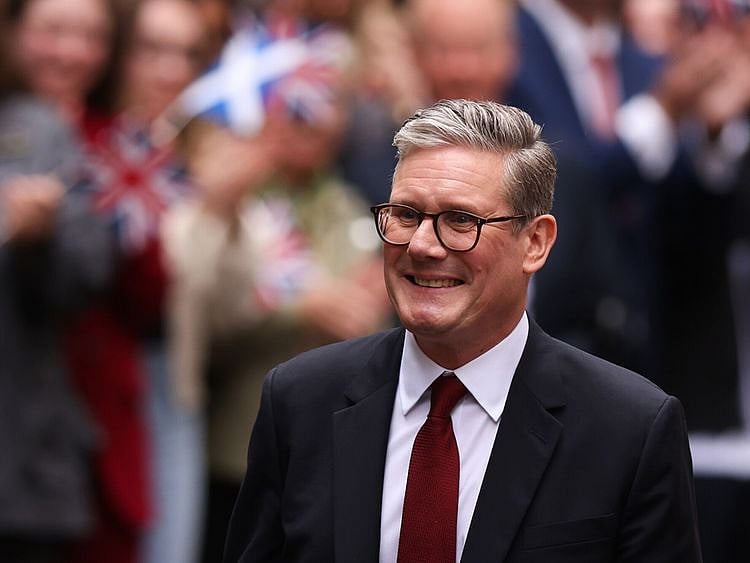Tensions in Labour: Is there a plot to oust UK Prime Minister Keir Starmer?
Internal frustration and a high-stakes budget combine to expose weak spots in leadership

Britain’s Labour government is facing its most turbulent week yet as reports of an internal plot to oust Prime Minister Keir Starmer expose deep fissures within the ruling party.
Amid falling approval ratings, policy U-turns and growing unease ahead of a make-or-break budget, even senior ministers are publicly trading accusations — turning what began as whispers of dissent into a full-blown test of Starmer’s authority and Labour’s fragile unity.
What’s driving chatter of a leadership challenge?
The whispers first surfaced around the imminent autumn budget, set for November 26, which many MPs fear will force the government to break manifesto promises on income tax, national insurance or VAT.
That risk has spurred some senior figures in the Labour Party to question whether Starmer is the right person to carry them through a difficult spell. Opponents point to his team at 10 Downing Street as mounting a “self-defeating” campaign against potential rivals.
Compounding the issue: disaffection within the party itself. The health secretary Wes Streeting, a leading cabinet figure, publicly denied plotting to oust Starmer but accused Downing Street aides of undermining him.
Speaking to BBC Breakfast, Streeting called suggestions he would challenge Starmer “self-defeating nonsense”, and said he was not standing against the prime minister.
Asked if he would ever consider making such a move, he replied: “I cannot see circumstances under which I would do that to our prime minister.”
What are the main fault-lines inside the party?
Strategy and identity – Labour under Starmer has veered toward the centre-ground, seeking to neutralise the rise of Reform UK and its leader Nigel Farage. But that repositioning is alienating some on the left of the party and failing, so far, to win over enough of the public.
Communication and charisma – A senior Labour figure told Sky News that “Starmer lacks the charisma and communication skills” needed to take on Farage and win over voters, especially if Labour breaks its pledges.
Electoral vulnerability – Several ministers, including Streeting, were re-elected with narrower margins than expected, highlighting potential risks for the party under current leadership. (Streeting narrowly held his seat in east London by just 528 votes.)
Budget and policy jitters – MPs are wary of the impending budget’s fallout. The risk of unpopular tax rises or cuts again raises questions about leadership at a time of public impatience with the cost of living.
How deep is Starmer’s crisis of credibility?
The numbers are stark, with 73% viewing him unfavourably, according to a YouGov poll. Only around 17 per cent said he was doing well as prime minister, while 9 per cent said they did not know.
How did we get here?
Starmer led Labour to power in a landslide in 2024, inheriting a party weary after 14 years of Conservative rule. His promise: steadiness, competence and normalised politics. But despite that, the honeymoon fizzled quickly. With the economy sluggish, public services under pressure and tax burdens climbing, Labour’s early decisions have been met with frustration.
The combination of internal restlessness, shaky public opinion and the high-stakes budget has created a perfect storm. A challenge to Starmer would risk a drawn-out leadership contest, market jitters and further damage to the Labour brand — which aides fear could outweigh the benefits of replacing him.
How does a leadership change take place?
A move to replace Starmer isn’t straightforward. Under Labour’s rules, it would take 20% of its MPs to nominate a challenger - 81 given the current size of the parliamentary party in the Commons.
Sign up for the Daily Briefing
Get the latest news and updates straight to your inbox
Network Links
GN StoreDownload our app
© Al Nisr Publishing LLC 2025. All rights reserved.
